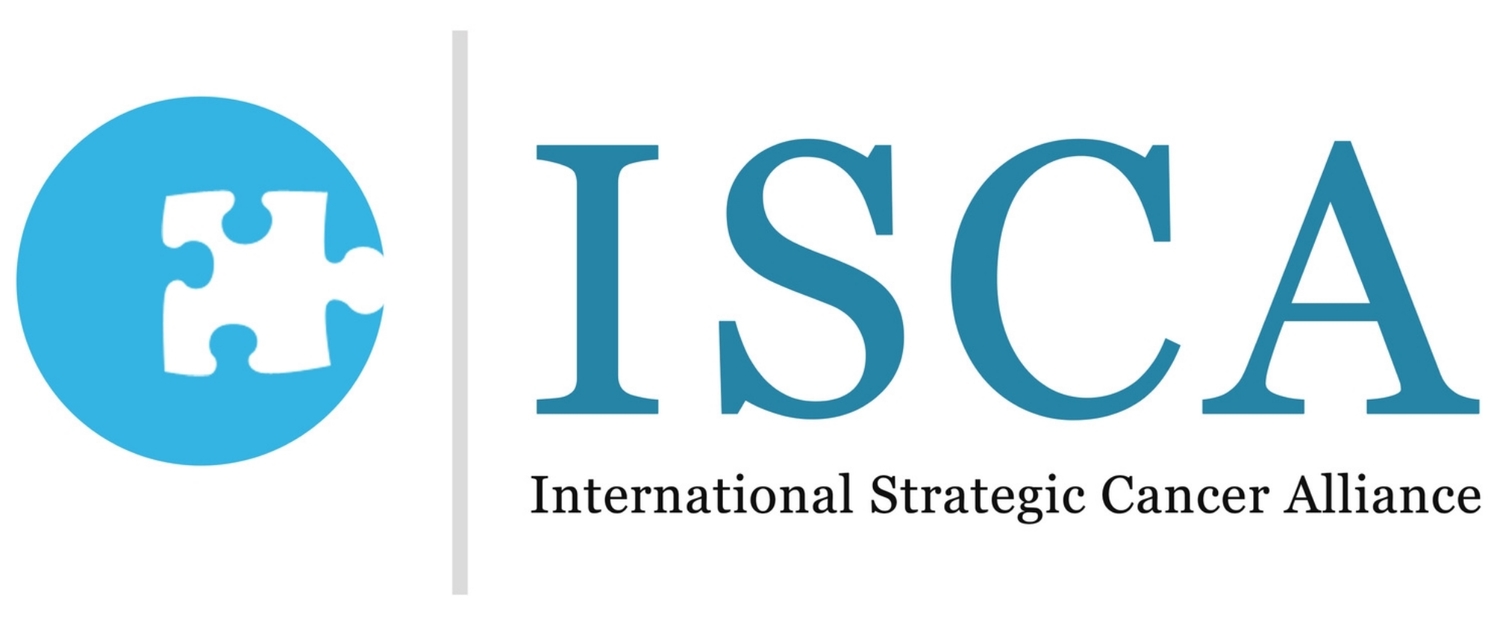International Strategic Cancer Alliance Until recently, the burden of acquiring enough information to take advantage of science-based synergistic treatment programs has fallen on the cancer victim or the caregiver. International Strategic Cancer Alliance (ISCA) was formed in 2007 to help unite clients with oncologists and other specialists who will integrate a vast array of synergistic therapies into customized treatment programs to provide the best scientific opportunity of eradicating cancer.
ISCA is currently focused on assistance to newly diagnosed individuals with prostate or breast cancer. ISCA also facilitates the design and implementation of human clinical trials for individuals with cancer. A medical advisory board has been formed to assist with the program’s goals. The client base of ISCA includes international participants.
Why Cancer Treatment Must Be Individualized
Curing malignant disease is not simple. Cancer cells are everything we would like healthy cells to be: They quickly adapt to toxic environments, they readily alter themselves to assure their continued survival, and they utilize biologic mechanisms to promote cellular immortality. All of these factors make cancer an extremely difficult disease to treat.
Chemotherapy drugs have a high rate of failure because they usually kill only specific types of cancer cells within a tumor. The remaining cancer cells are then free to mutate and become highly resistant to therapeutic approaches attempted later. Cancer chemotherapy could save more lives if the latest scientific findings were incorporated into clinical medicine.
What has long concerned the founders of International Strategic Cancer Alliance is that respected cancer journals publish articles that identify safer and more effective treatment regimens, yet few oncologists incorporate these improved methods into their clinical practice. Cancer patients often suffer through surgery, radiation, and chemotherapy treatments that do not integrate the latest synergistic or additive scientific findings. One purpose of ISCA is to direct our clients to oncology groups that incorporate multimodal approaches in order to improve the probability of a successful outcome as well as the use of an integrative approach for the purpose of lowering the side effects of cancer treatments.
Integrated (or integrative) medicine is an approach that combines treatments from conventional medicine and Complementary/Alternative Medicine (CAM). However, an integrated approach is only used when there is sufficient scientific research which produces evidence that a better result may emerge on the side of healing and/or curing the individual. Complementary medicine is an approach used together with conventional medicine. For example the use of a natural supplement may be used to enhance or ameliorate (side effects) of a certain conventional treatment such as surgery, radiation or chemotherapy. Alternative medicine is a method used instead of conventional medical treatment. For instance a person may decide to treat their ailment using diet, supplements, or other methods instead of a conventional method.
We at ISCA favor the use of the integrated approach. Cancer is a complex disease and each individual expresses disease in their own unique way. That’s why we look at each individual who comes to us for help as a genuinely unique case that requires an individualized and comprehensively integrated approach to addressing their disease.
ISCA brings together oncologists and other experts who utilize findings from published scientific studies to provide additional treatments that have a logical basis to augment the effects of chemotherapy, reduce the potential for side effects, and block the many survival mechanisms that cancer cells use to escape destruction with conventional therapies.
Through ISCA, and for the first time, individuals with cancer can now gain access to a team of dedicated professionals who will delve deep into the molecular aspects behind each individual’s disease and then, in a practical manner, use the fruits of published scientific literature for the benefit of the person with cancer.

